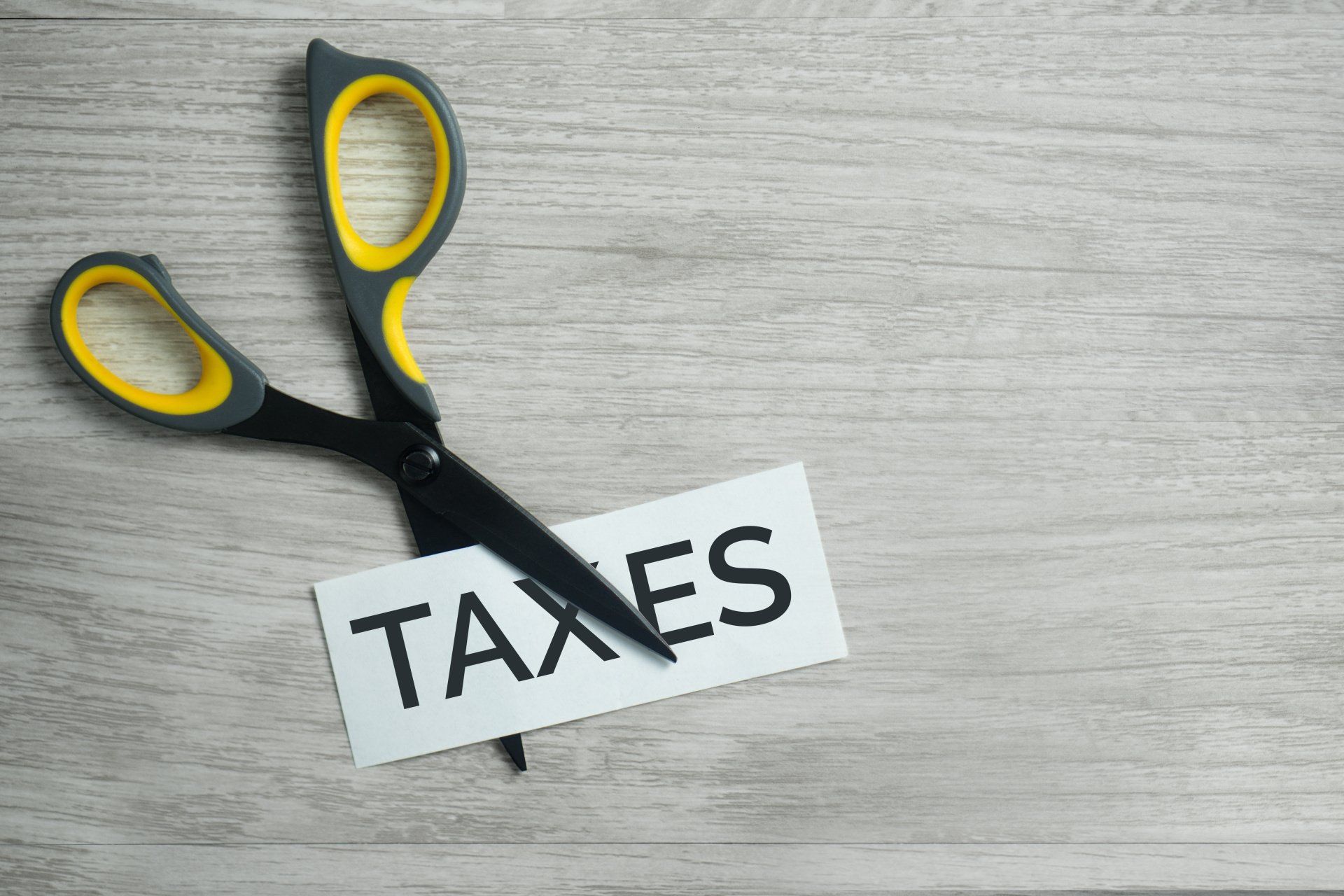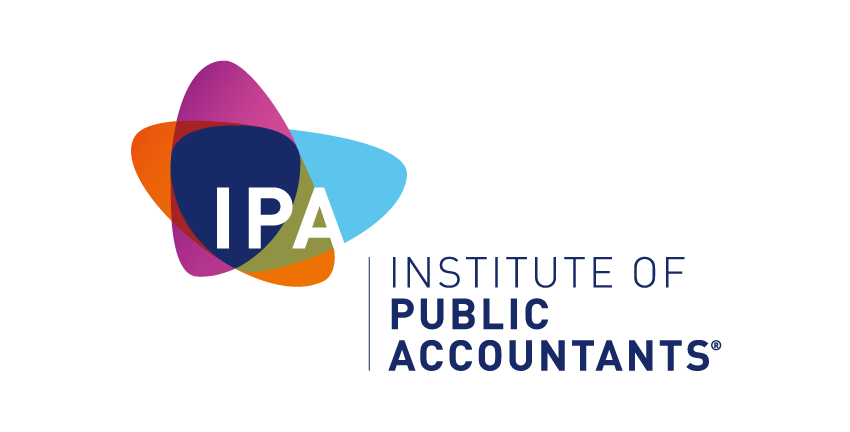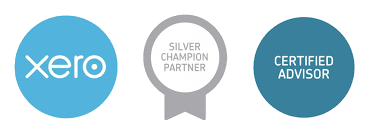Many people dream of being their own bosses and starting their own business for a better lifestyle. The unfortunate reality is 90% of start-up businesses fail.
Business plans are not just created if you’re seeking finance for your business, it’s a tool for understanding how your business is put together. A business plan should question the validity of your ideas, the product/service target markets and so on and then be regularly reviewed and updated.
Having a business plan:
Can help you prioritise
– it gives your business direction, defines your objectives, maps out strategies to achieve your goals and helps you to manage possible bumps in the road
Gives you control over your business
– the planning process helps you learn about the different forces and factors that may affect your success. If you're already in business, it helps you to step back and look at what's working and what you can improve on
Is vital to help you get finance
– if you're seeking finance for your business, you'll need to show banks and investors why they should invest in your business
What should be in your business plan?
- Executive Summary – Your executive summary is placed at the beginning of your business plan but it is usually completed at the end of writing your business plan. It is your pitch, highlighting points within the plan and why it is going to be successful.
- Business name, location, equipment, insurance and business structure – This includes your ABN and business structure. This section also gives an overview of capital requirements.
- Products and Services – It is important to work out what you are selling, who you are selling to and why would they need it.
- Marketing is a must – New business owners may spend as much as 50 to 75 percent of their time marketing their start-ups. It is vital to understand your competitors and target market so you can plan short and long term marketing strategies and cost.
- Goals – Make realistic business goals for the period of time that the plan covers. Set milestones for each step.
- Management structure and staff – Include key staff members and roles.
- Pricing and Financials – this is a detailed financial plan with summary. This will include sales forecasts, assumptions, annual income and expenditure, profit and loss statement, cash flow statement and balance sheet. Once again you contact a professional that offers accounting and taxation services to assist.
You’ll need to make quite a few decisions about your business including its structure, marketing strategies and finances before you can complete your plan. ND Accounting can assist, book in your free 20 minute consultation here.
In the meantime you can start with a blank piece of paper, a whiteboard or a ready made template, the ATO have a great template - click here to access it.








